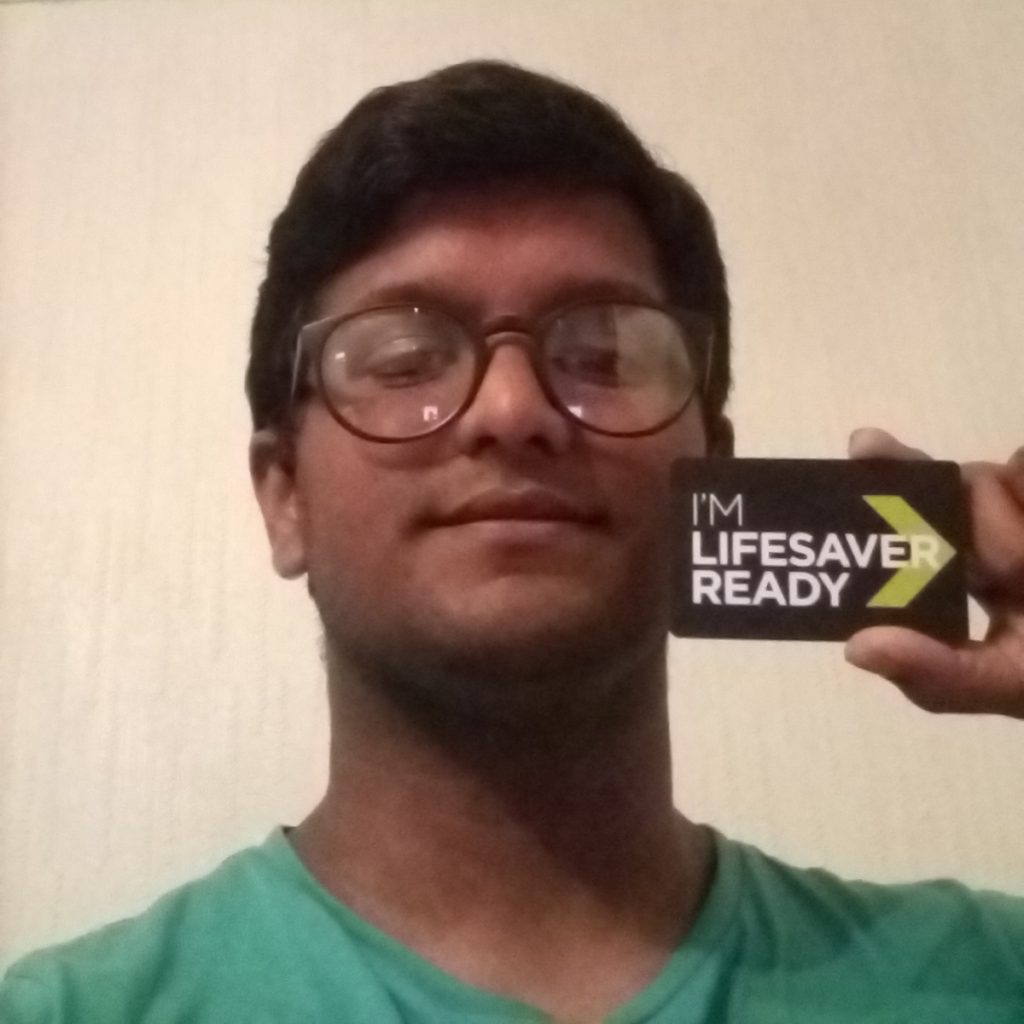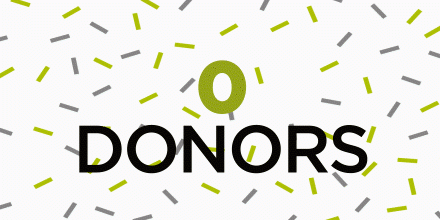For the first time, in June this year, we are proud to have three quarters of a million people on the stem cell register. Here Henny Braund, our Chief Executive, expresses her thanks to everyone on the register and shares the story of Abin, our landmark 750,000th recruit.
A milestone moment
In June, we reached the incredible milestone of 750,000 donors on the Anthony Nolan stem cell register. A wonderful three quarters of a million people who are prepared to, one day, donate their stem cells to someone they have never met and potentially save a life.
When I joined the charity in 2009, there were 400,000 people on our register who were ready and waiting for the call to say they were needed to give somebody a second chance of life. That year, we matched 430 donors on our register to patients in need and found a further 378 donors on registers managed by colleagues across the world.
Fast forward to a decade later and this year 557 Anthony Nolan donors gave patients, and their families, hope with an additional 874 donors found globally for patients in need. This shows the need and, while we are celebrating 750,000, it is so much more than just a number. It’s hugely important that as well being the right size, the Anthony Nolan register is (the right shape) demographically diverse so that we can save more lives.
The chances of a match
We’re often asked why Anthony Nolan only recruits people aged between 16 and 30. Many people are surprised to hear that your odds of being a match are much higher if you’re a young man between the ages of 16 and 30. Last year 63% of UK donors for UK patients were men aged 16–30 and 81% of all UK donors were men.
Your odds of finding a match are much lower if you’re a patient from a black, Asian or minority ethnic background. As things stand, if you have north European heritage there’s a 69% chance a matching stem cell donor will be found on a register somewhere in the world. If your ethnicity is anything other than north European, your chances drop to just 20%.
This is why we have been working particularly hard to encourage more young men and people from all ethnic and mixed backgrounds to join the register. The more the register reflects the diversity found within the UK, the more lives we will save in the future.
Over the last 10 years, we have had great success working with schools, colleges and universities across the UK through our Youth Engagement programmes to inspire a diverse range of young people to join the Anthony Nolan register.
Abin, the 750,000th person on the register
One of the many things I love about my job is that almost every day I get a reminder of what our projects, plans and strategies are all about – saving and improving more lives. To this end, I’d like to introduce Abin.

Abin became the 750,000th person to join the Anthony Nolan register, when the Scottish Fire and Rescue Service (SFRS) Education Programme visited his school, St Mungo’s High School, in Falkirk.
Ten years ago, a year after Ally Boyle, a fire service area commander from Hamilton, was diagnosed with blood cancer the SFRS launched an incredible partnership with Anthony Nolan to educate young people in Scotland about the need for stem cell donors and develop positive citizenship through the partnership involving SFRS colleagues and the charity. Now 14,000 potential lifesavers have joined the stem cell donor register and 48 of these young people have gone on to donate their stem cells to give a patient with blood cancer a second chance of life. The SFRS has also raised an incredible £80,000 for Anthony Nolan.
It was thanks to this that Abin had the opportunity to meet a few SFRS volunteers, who visit secondary schools across Scotland to deliver inspiring educational presentations, and learn about his lifesaving potential.
Abin says: ‘It was quite interesting, there were so many things that I didn’t know about and it was great learning about it. They did a great job explaining how everything works and answering all of our questions.
‘If I came up as a match, I would be really happy that I would be given the chance to save someone’s life.’
Thank you to Abin, and each of our 750,000 potential lifesavers. Every single one of you has the potential to make the most remarkable difference imaginable – to save a life. Without you, there is no cure.
